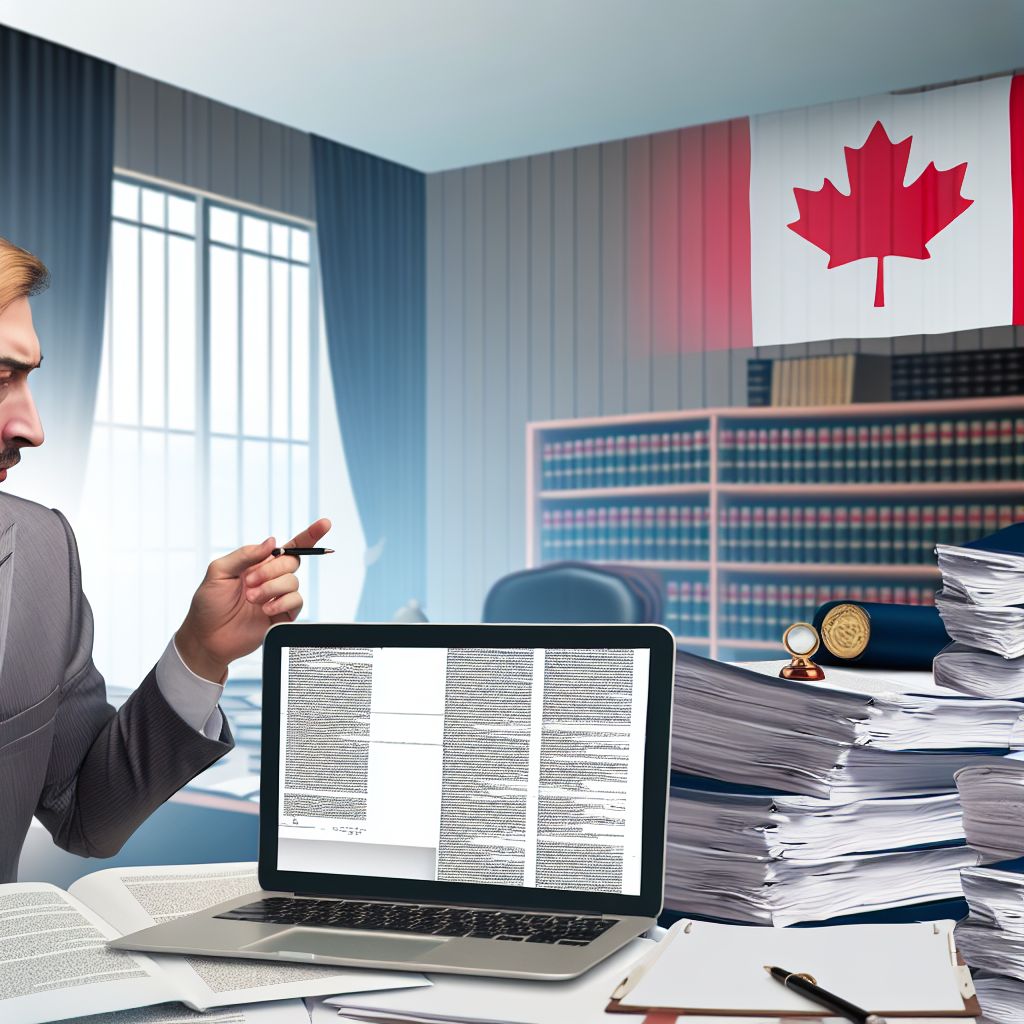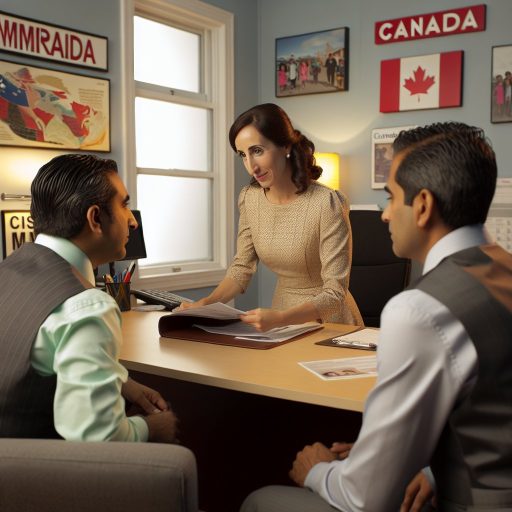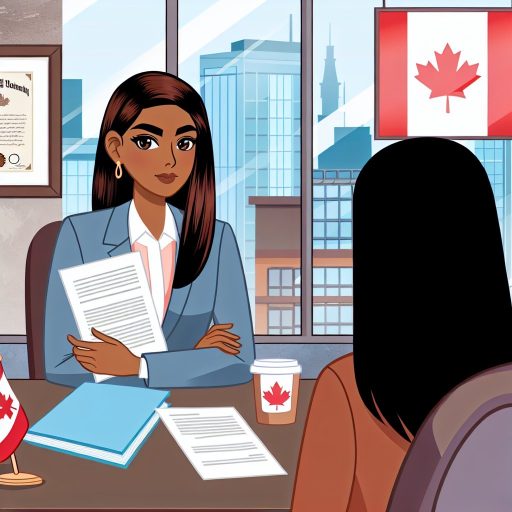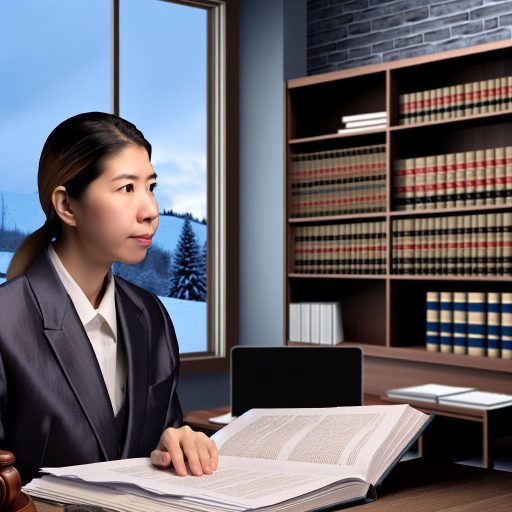Morning Routine
Starting the Day
The legal consultant begins the day early.
A first step involves brewing a strong cup of coffee.
This ritual fuels the mind for the busy hours ahead.
Next, they settle into a comfortable space.
Reviewing Emails
With coffee in hand, it’s time to check emails.
This task prioritizes urgent messages and updates.
It also involves responding promptly to clients.
Organizing the inbox ensures nothing important is missed.
Preparing for Meetings
After reviewing emails, the consultant prepares for the day’s meetings.
They gather necessary documents and notes.
This preparation boosts confidence and effectiveness.
Additionally, they strategize talking points for discussions.
Continual Learning
The consultant often spends time reading legal articles.
This helps them stay updated on industry changes.
Knowledge gained can be beneficial in client meetings.
Setting Daily Goals
Before heading out, the consultant outlines daily goals.
This includes tasks, priorities, and deadlines.
Having a clear plan keeps the day organized.
Ultimately, these steps set the stage for a productive day.
Client Meetings
Types of Consultations
Client meetings can occur either face-to-face or virtually.
Face-to-face consultations often create a stronger personal connection.
Virtual meetings offer convenience and flexibility for both parties.
Each type has its advantages depending on client needs.
Setting the Agenda
Before each meeting, I prepare an agenda to stay focused.
This agenda outlines key discussion points and objectives.
Unlock Your Career Potential
Visualize a clear path to success with our tailored Career Consulting service. Personalized insights in just 1-3 days.
Get StartedHaving an agenda ensures we cover all necessary topics.
It also helps clients feel organized and valued.
Engaging with Clients
During the meeting, I encourage open communication.
It’s important for clients to express their concerns and questions.
I actively listen and take notes to ensure nothing is overlooked.
My goal is to foster a collaborative environment.
Discussing Legal Issues
Each meeting revolves around specific legal issues faced by clients.
I provide insights and share potential strategies to address these issues.
Clients appreciate clear explanations and guidance in this process.
Ultimately, I aim to empower them with knowledge.
Action Items and Follow-ups
At the end of each meeting, we summarize action items.
These items outline the next steps for both myself and the client.
Follow-ups are crucial for maintaining momentum and accountability.
I send a recap email to ensure everyone is on the same page.
Research and Analysis
Overview of Legal Research Activities
Legal research is crucial for staying updated on relevant laws.
It keeps consultants informed about regulations affecting clients.
Daily activities often include reviewing legal publications.
Consultants also examine updates from government sources.
This ensures knowledge of emerging legal trends.
Utilizing Technology for Research
Modern tools greatly enhance legal research efficiency.
Online databases provide extensive access to legal documents.
Consultants frequently leverage search engines for case law.
Additionally, software assists in managing research findings.
This technology streamlines the overall research process.
Engaging with Legal Communities
Participation in legal forums is vital for consultants.
Networking allows professionals to exchange valuable insights.
Attending conferences helps consultants learn from experts.
These interactions enhance one’s understanding of complex issues.
Moreover, they foster collaboration on challenging cases.
Staying Informed about Legislative Changes
Consultants must track changes in laws and regulations.
Subscribing to legal newsletters keeps them informed.
Following relevant social media accounts provides insights.
Additionally, attending local bar association meetings is beneficial.
This helps develop a proactive approach to client needs.
Explore Further: Specializations Available for Law Clerks in Canada
Drafting Legal Documents
Understanding the Importance
Drafting legal documents is crucial in the legal field.
These documents define the rights and responsibilities of involved parties.
Accurate drafting minimizes future disputes and misunderstandings.
Moreover, well-drafted documents reflect professionalism and attention to detail.
The Initial Consultation
The process starts with an initial consultation with the client.
During this meeting, the legal consultant gathers important information.
This information includes the client’s goals and specific requirements.
Additionally, the consultant discusses potential legal implications.
Research and Analysis
After the consultation, the consultant conducts thorough research.
This involves reviewing relevant laws and regulations.
Moreover, the consultant analyzes similar contracts for best practices.
Effective research ensures the document complies with legal standards.
Drafting the Document
Next, the consultant begins drafting the legal document.
They structure the document logically and clearly.
Key elements include definitions, terms, and conditions.
Also, the consultant ensures language used is precise and unambiguous.
Review and Revisions
Once the draft is complete, it undergoes a review process.
The consultant checks for accuracy and compliance with the law.
Furthermore, they consider client feedback for potential revisions.
Collaboration is essential during this stage to achieve the desired outcome.
Finalizing the Document
After revisions, the document is finalized for presentation.
The consultant ensures all required signatures and dates are included.
Furthermore, they provide the client with necessary copies for record-keeping.
This final step solidifies the legal agreement between parties.
The Ongoing Relationship
Finally, the consultant maintains an ongoing relationship with the client.
This support includes answering questions about the document.
Additionally, they help with any necessary amendments in the future.
Building trust and rapport is fundamental for long-term collaboration.
Discover More: Top Industries Hiring Compliance Officers in Canada
Collaboration with Colleagues
Working Together for Client Success
Legal consultants thrive on collaborative efforts with colleagues.
Each member brings unique insights to client cases.
Additionally, brainstorming sessions often lead to innovative solutions.
Regular meetings foster strong working relationships within teams.
These interactions enhance overall communication and understanding.
Sharing Expertise
Colleagues frequently discuss their areas of specialization.
Sharing knowledge allows the team to strengthen case strategies.
Furthermore, it prepares the group for diverse legal challenges.
Mentorship opportunities also arise in these discussions.
More experienced consultants provide guidance to newer members.
Case Strategy Development
Strategizing is a critical component of our work.
Consultants meet to map out detailed plans for clients.
They analyze legal precedents and implications collaboratively.
Through joint discussions, members identify potential obstacles.
This teamwork promotes comprehensive case assessments.
Utilizing Technology
Today’s legal landscape demands innovative tools and resources.
Many consultants utilize collaborative software for efficiency.
This technology facilitates real-time document sharing.
Moreover, virtual meetings enable flexible communication options.
Such advancements enhance productivity and response times.
Learn More: Essential Tools Every Canadian Legal Researcher Needs

Client Follow-ups
Importance of Communication
Effective communication is vital in a legal consulting role.
It builds trust and establishes strong relationships with clients.
Regular follow-ups ensure clients feel valued and heard.
Additionally, it helps keep clients informed about their cases.
Addressing Client Needs
Identifying client needs is crucial for legal consultants.
Each client has unique challenges requiring tailored solutions.
Listening closely during consultations leads to better outcomes.
Proactive communication aids in addressing any emerging issues.
Building Rapport with Clients
Building rapport enhances the client-consultant relationship.
Personalized communication shows clients you care about their concerns.
By remembering key details, consultants create a more personal connection.
This connection fosters loyalty and encourages referrals.
Follow-up Techniques
- Email updates are effective for sharing important information.
- Phone calls can strengthen relationships through direct conversation.
- Regular check-ins reassure clients that they are a priority.
Utilizing a mix of these techniques ensures comprehensive support.
Acknowledging Client Feedback
Feedback from clients is a valuable resource for improvement.
Consultants should encourage clients to share their thoughts openly.
Responding to feedback shows clients their opinions matter.
Incorporating their suggestions can enhance service quality.
Delve into the Subject: How Canadian Law Clerks Support Client Representation
Continuing Education
Importance of Continuous Learning
Legal consultants must stay updated with the latest legal developments.
Continuous education enhances their skills and knowledge significantly.
It helps them provide better advice to their clients.
Moreover, it builds credibility in a competitive field.
Seminars and Workshops
Attending seminars is crucial for legal professionals.
These events offer insights from experienced practitioners.
Networking opportunities can arise during these gatherings.
Workshops enhance specific skills through practical experience.
Online Courses
Online courses provide flexibility for legal consultants.
They can learn at their own pace and schedule.
These courses cover various topics relevant to the legal field.
Furthermore, they often include interactive components for engagement.
Staying Informed
Consultants benefit from reading legal journals and articles.
These publications keep them informed about new laws and trends.
Joining professional associations also provides valuable resources.
Additionally, forums and discussion groups can enhance learning.
End of Day Review
Reflecting on Accomplishments
As the day draws to a close, I take a moment to reflect.
I appreciate the achievements made throughout the day.
Each completed task brings a sense of fulfillment.
Today, I successfully resolved several client inquiries.
Also, I drafted important legal documents.
Such accomplishments boost my motivation for upcoming challenges.
Identifying Areas for Improvement
Reflection also involves recognizing areas for growth.
I noted a few tasks that took longer than expected.
I plan to analyze the reasons behind these delays.
Additionally, I will seek ways to improve efficiency.
This assessment will guide my future work habits.
Planning for Ongoing Cases
After reflecting, I turn my focus to ongoing cases.
I review the current status of each project.
It is essential to track deadlines and upcoming hearings.
Organized notes help me prioritize tasks effectively.
Moreover, I update my calendar to ensure I meet all obligations.
Preparing for Future Client Interactions
I then shift gears to prepare for future client interactions.
Understanding each client’s needs is crucial for effective service.
I gather relevant information to tailor my approach.
Furthermore, I review past communications for context.
This preparation enhances my ability to provide sound advice.
Setting Goals for Tomorrow
Finally, I set clear goals for the next day.
These targets guide my focus and productivity.
I write down specific tasks I want to accomplish.
Additionally, I prioritize my to-do list.
By doing this, I ensure a productive start to my day.




